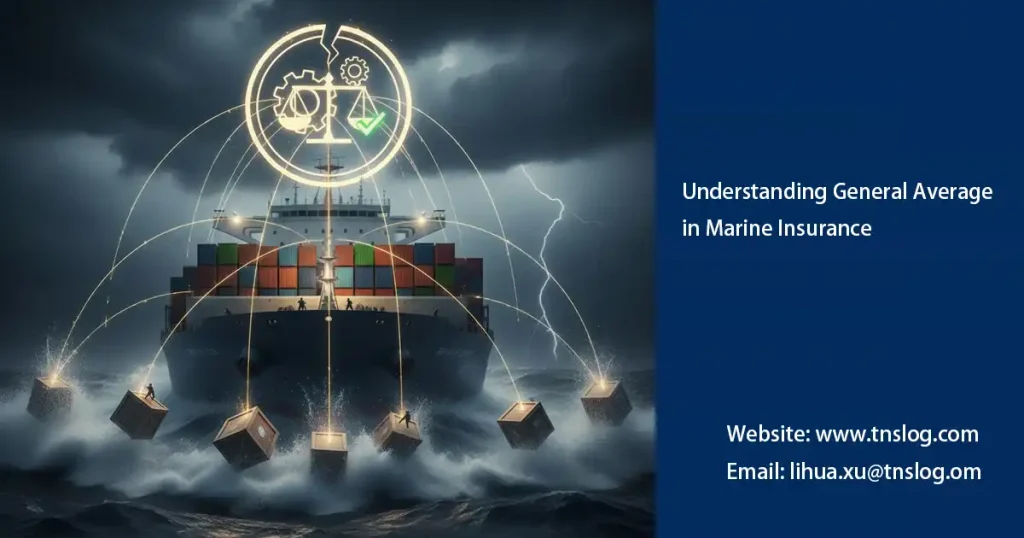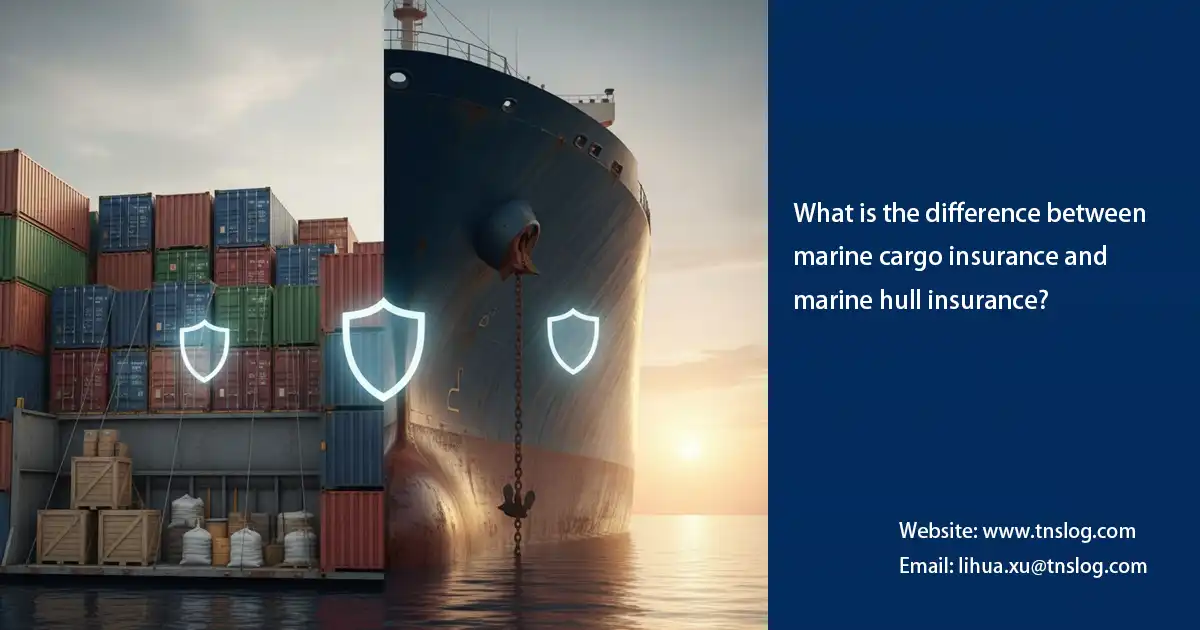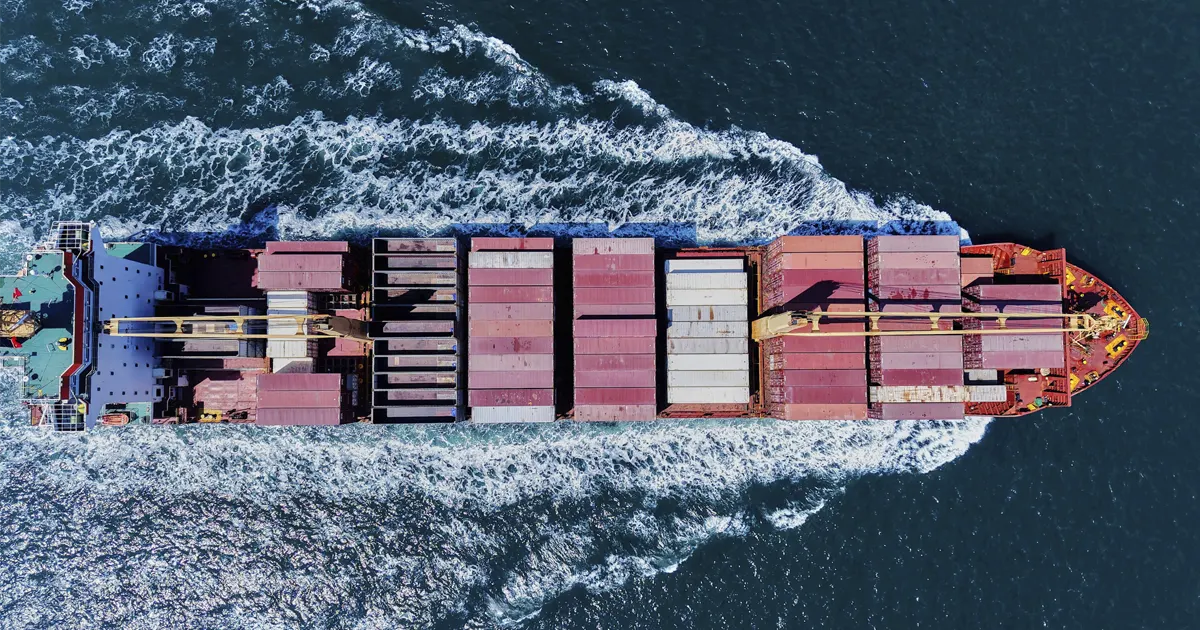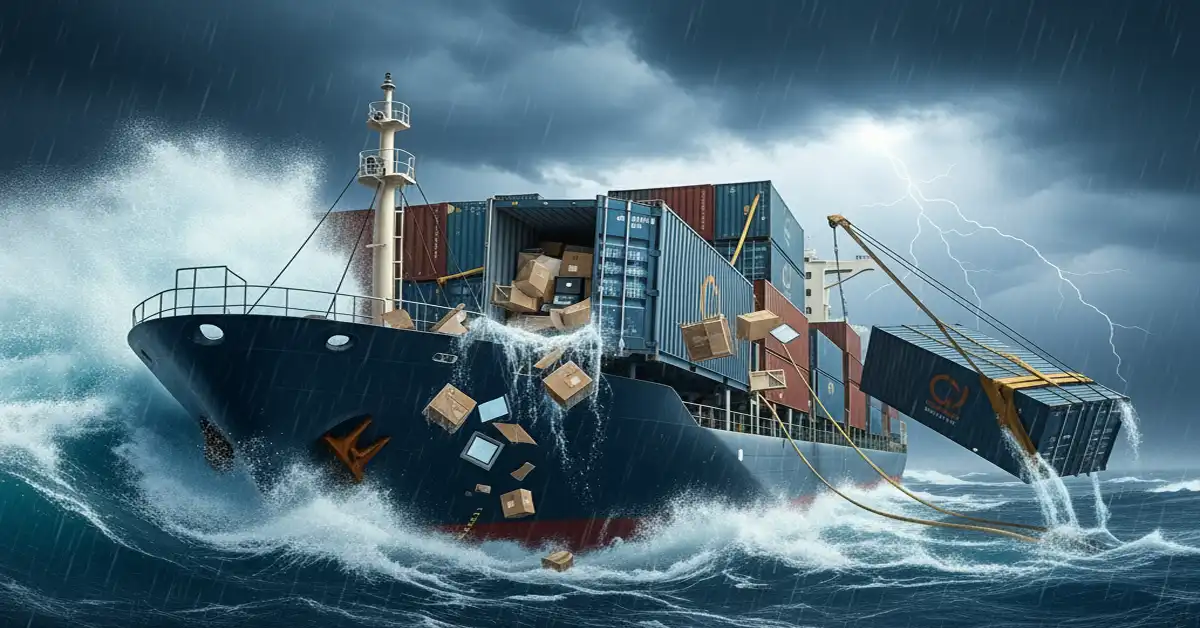Understanding General Average in Marine Insurance
In international shipping, General Average (GA) is one of the most important but often misunderstood concepts in marine insurance. It refers to a situation where all parties involved in a maritime venture—shipowner, cargo owners, and sometimes insurers—share proportionally in the losses resulting from a voluntary sacrifice of part of the ship or cargo to save the whole during an emergency. Understanding how GA works is essential for exporters, importers, and freight forwarders to avoid unexpected costs and ensure smooth claims handling.

What is General Average?
General Average occurs when a deliberate action is taken to preserve the vessel and remaining cargo in a maritime incident. Examples include:
- Jettisoning cargo to lighten a vessel during a storm.
- Diverting a ship to a safe port due to imminent danger.
- Deliberate firefighting measures on board that damage cargo or the ship.
Key points:
- GA is not an insurance claim in the usual sense; it is a shared financial responsibility among all stakeholders.
- Contributions are calculated based on the value of the cargo, vessel, and freight at risk.
- GA is declared by the shipowner and requires proper documentation to claim contributions from cargo owners or insurers.
Legal and Procedural Framework
GA claims are governed by York-Antwerp Rules, widely accepted in maritime law. These rules define what counts as a General Average act and how contributions should be calculated.
- Declaration: The shipowner or master issues a GA declaration.
- Security: Cargo owners are usually required to provide a General Average bond or cash deposit to release their goods.
- Adjustment: A GA adjuster calculates each party’s contribution proportionally to the saved value of their property.
Because GA involves multiple stakeholders and complex valuation, professional guidance is often necessary to ensure compliance and avoid disputes.
Role of Marine Insurance in General Average
Marine insurance policies typically cover GA contributions, but the extent depends on the type of coverage:
- All Risks (ICC A) policies generally cover GA contributions fully.
- Named Risks (ICC B/C) may require checking whether GA is included or excluded.
Understanding the coverage is critical, especially when using different insurance types. For a broader overview, see our article Overview of Main Types of Marine Cargo Insurance
Practical tip: Ensure that your policy explicitly mentions GA coverage and that insured values reflect the total exposure, including freight and profit.
How Cargo Owners Handle General Average
- Receive GA notice: The shipowner or agent notifies cargo owners of the GA declaration.
- Provide security: Typically, insurers or cargo owners post a bond equivalent to the proportional contribution.
- Cargo release: Once security is provided, cargo can be released.
- Insurance claim: If GA is covered under your marine insurance, file a claim with your insurer. For a step-by-step guide, see Step-by-Step Guide to Filing a Marine Cargo Insurance Claim
Key considerations:
- Keep all shipping documents, invoices, and correspondence.
- Ensure the GA adjuster’s calculations are reviewed for accuracy.
- Understand how deductibles or exclusions in your policy may affect recovery.
Best Practices for Exporters and Importers
- Confirm GA coverage in your marine insurance policy before shipment.
- Maintain accurate valuation of goods, freight, and profit for proportional contribution calculations.
- Keep all documentation: Bill of Lading, insurance certificates, packing lists, invoices, and correspondence.
- Work with experienced freight forwarders or GA adjusters to navigate complex claims efficiently.
- Understand your contractual obligations under Incoterms and how they interact with GA claims.
By planning ahead, exporters and importers can avoid unexpected costs and ensure smooth handling of GA contributions.
Conclusion
General Average represents a shared risk management mechanism designed to protect the collective interests of all stakeholders in maritime shipping. While GA can seem complicated, understanding the declaration, contribution calculation, and insurance coverage can prevent delays and unexpected expenses.
Partnering with an experienced freight forwarder in Malaysia ensures proper documentation, compliance with GA regulations, and efficient claims handling. Contact us to review your marine insurance coverage and confirm that your shipments are adequately protected against General Average risks.
You may also be interested in
Have Anything To Ask Us?
Please fill in your email in the form and we’ll get back to assist you soon!




